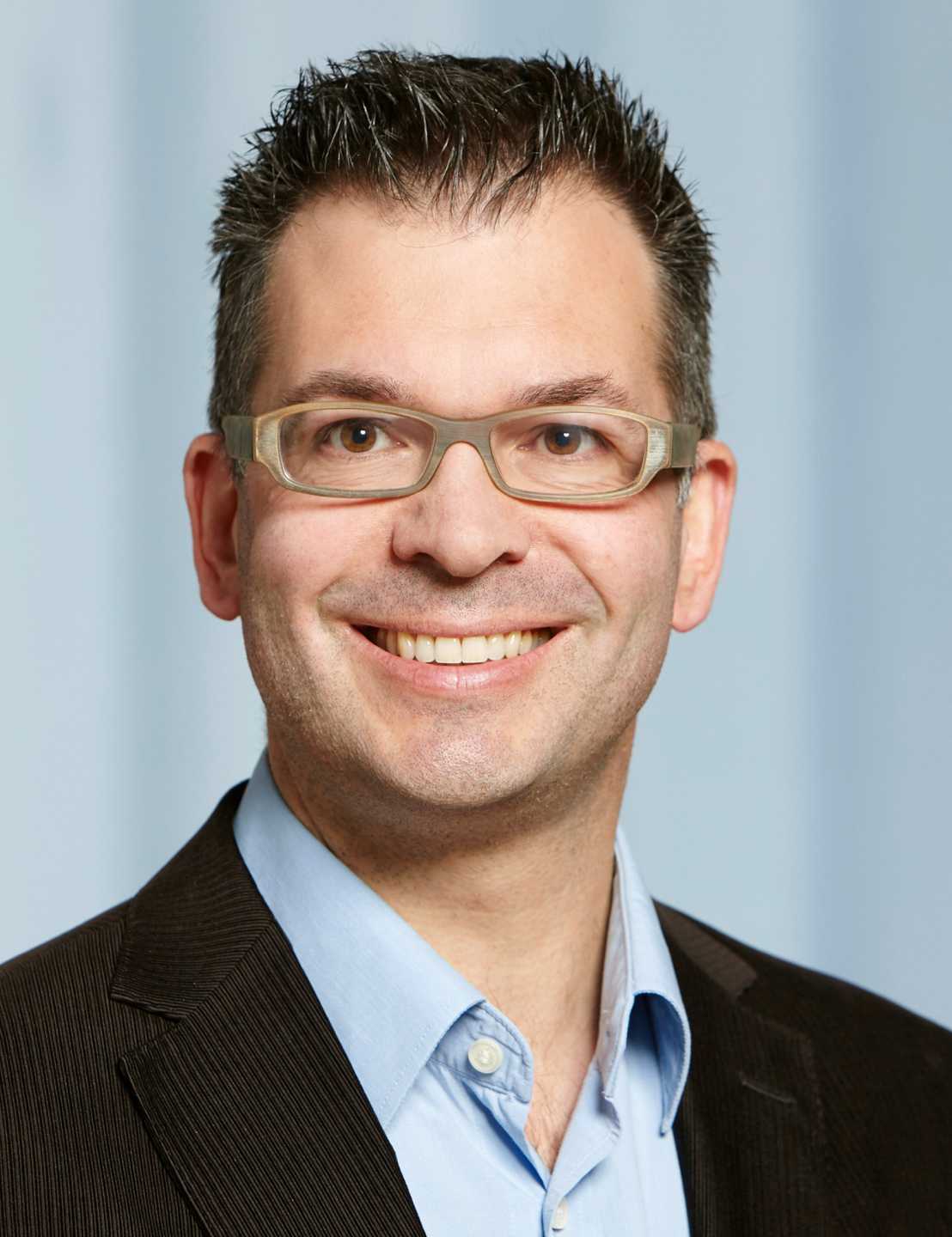"Research and teaching nurture each other"
20.11.2019 | Katharina Emry
Professor Peter Müller, the retiring Director of Studies of the Department of Computer Science, looks back on two and a half years in office and takes stock. In this interview, he talks about the highlights of his job and how teaching has changed at D-INFK.

Professor Müller, what exactly are the responsibilities of the Director of Studies?
The Director of Studies is responsible for all aspects of teaching and doctoral studies in the department management. The main tasks include the planning of lectures and management of the study administration, as well as the development of new study programmes and the revision of existing ones. In addition to these major tasks, a great deal of time is spent on implementing and optimising processes and answering various inquiries.
Which tasks did you enjoy the most?
I liked our reform of the Master's programme in Computer Science because I am convinced that it will improve the education we provide. A real highlight was the collaboration with the study administration and the Senior Scientists Focus Education; it's great to have such competent and dedicated staff. Building and expanding these teams was particularly important to me.
What have you achieved since you assumed your position in the summer of 2017?
Those were two and a half intense years! During this time, the number of students at Bachelor's and Master's level has continued to grow dramatically. We have been able to cope with this increase without any loss in quality. This is above all a great achievement on the part of the study administration. In addition, we launched the Master's in Cyber Security and four new continuing education programmes during my term of office. I am especially pleased to have been able to finalise the reform of the Master's programme in Computer Science.
"Teaching has grown much more diverse. The range of subjects on offer is broader and our department has become more international."Peter Müller, Director of Studies 2017–2019
How has teaching at D-INFK changed since you joined the department in 2003?
What I notice most of all is that teaching has become much more diverse over the years. Firstly, the range of subjects on offer is much broader than it was then. Secondly, our department has become much more international. I am very glad that we attract so many excellent students from all over the world. That enriches the department greatly!
What challenges do these changes pose?
I consider these changes to be very positive. Of course, the increasing number of students presents us with challenges, but we are able to overcome them and we get the necessary support from the Executive Board. For example, in recent years, we have built up a strong team of Senior Scientists Focus Education, which significantly strengthens our teaching capabilities. As long as we succeed in attracting excellent students and lecturers, the department's positive development will continue.
Currently, the Senior Scientists Focus Education team is all-male. Is anything being done here to promote women?
We would all welcome a more balanced ratio of men and women. Unfortunately, no opportunity has yet arisen to hire women as Senior Scientists Focus Education. In order to increase the chances of this happening in the long term, we must start earlier and encourage more female students and doctoral candidates to take up computer science. The department is doing a lot to improve the situation. Two examples are the taster week and the ETH Student Summer Research Fellowship.
Why do you believe that the combination of research and teaching is important in order to be able to offer teaching at the highest level?
Research and teaching nurture each other. On one hand, teaching benefits enormously from research. Research ensures that our lecturers get a really deep understanding of their subject area; this understanding also provides more clarity in teaching. In addition, in research, lecturers are constantly confronted with new developments, which then also find their way into teaching. Conversely, discussions with students inspire research, and sometimes, you only really thoroughly grasp a topic when you have to teach it.
"There are hardly any other programmes where the career prospects for graduates are as promising as in computer science."Peter Müller, Director of Studies 2017–2019
Does teaching at D-INFK differ from teaching at other ETH departments? If so, to what extent?
Even though there are mainly similarities, I often notice differences in conversations with my colleagues. Hardly any other study programmes are as international as our Master's programmes, which, for example, makes admissions much more demanding. There are also hardly any other programmes where the career prospects for graduates are as promising as in computer science; this enables us to teach what we believe to be useful in the long term.
Which challenges await your successor, Ueli Maurer, in 2020?
I will hand over my responsibilities in good condition. Nevertheless, there are already some topics that Ueli will have to deal with. One of them is the integration of the many new faculty members.
What's next for you personally? What role will teaching play in your future?
The last two and a half years left me practically no time for research. I am very much looking forward to working on complex problems myself again (and not drowning in emails afterwards). Our work on program verification is currently attracting a lot of interest; I would like to drive it forward more. Teaching is still very close to my heart, but I prefer to teach myself rather than to manage the teaching.
Is there anything else you would like to mention?
I would like to express my heartfelt gratitude to our Department Heads and deputies, Emo Welzl, David Basin and Timothy Roscoe, as well as my predecessor, Gustavo Alonso, for their energetic support. Many thanks also to the study administration and the Senior Scientists Focus Education for the excellent teamwork!